A refrigerator that isn't cooling properly can be a major inconvenience, leading to spoiled food and potential health risks. Several factors could cause a refrigerator to lose its cooling efficiency, and identifying the root cause is essential to restore its functionality. Below are seven common reasons why your refrigerator might not be cooling effectively, along with tips on how to address these issues.
Other Topics You Might Like
Helpful Products You Might Like
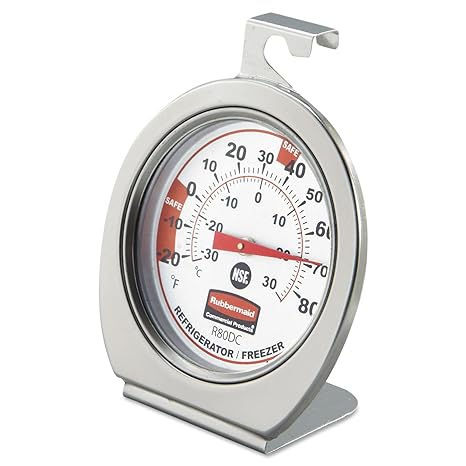
Rubbermaid Thermometer Classic Mechanical Dial For Refrigerator

Non-Slip Shelf or Drawer Liner For Refrigerator
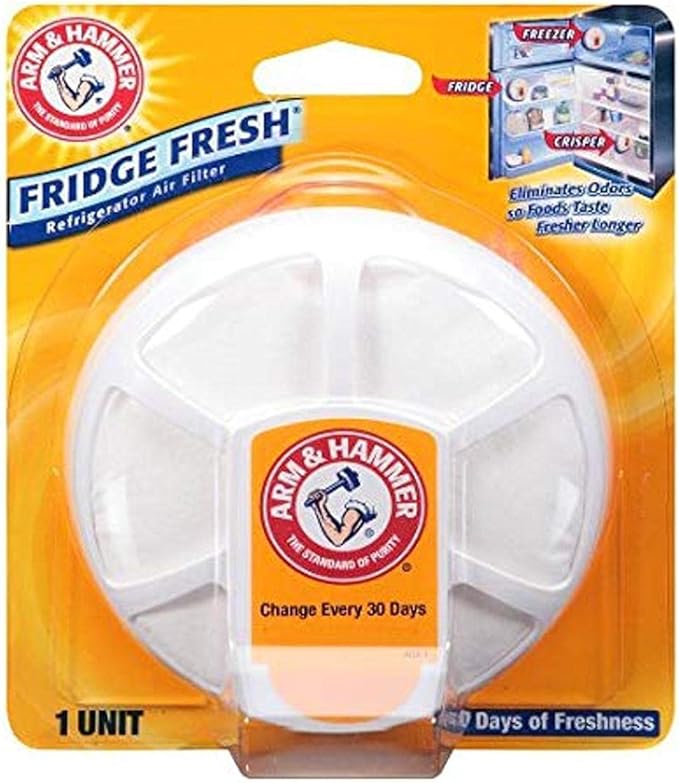
Arm & Hammer Fridge Fresh Refrigerator Air Filter
"(Paid Links)" 
Dirty Condenser Coils
Condenser coils are responsible for releasing the heat from inside the refrigerator to the outside. Over time, these coils can become clogged with dust, dirt, and pet hair, reducing their efficiency. When the coils are dirty, the refrigerator has to work harder to cool down, and in some cases, it might not cool at all.
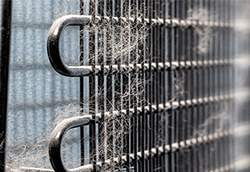
Solution
To fix this, unplug the refrigerator and locate the condenser coils, usually at the back or underneath the unit. Use a vacuum cleaner or a brush to gently clean the coils, removing any accumulated debris. Doing this regularly can help maintain your refrigerator's cooling efficiency.
Faulty Evaporator Fan Motor
The evaporator fan motor is responsible for circulating cold air throughout the refrigerator and freezer compartments. If this fan stops working, the refrigerator might not cool evenly, with some areas being colder than others or not cold at all.
Solution
If you notice inconsistent cooling, listen for the sound of the evaporator fan motor. If it's not running, it might need to be replaced. This is a more complex repair that might require professional assistance, but it's essential for restoring proper cooling.
Malfunctioning Thermostat
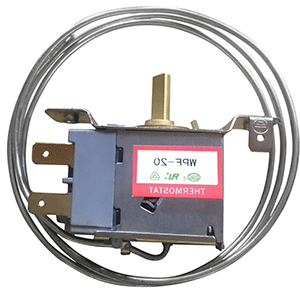
The thermostat regulates the temperature inside the refrigerator. If it's not working correctly, the refrigerator may not cool to the desired temperature, or it might not cool at all. A malfunctioning thermostat can lead to both overcooling and undercooling issues.
Solution
Check the thermostat settings and ensure they're set correctly. If adjusting the settings doesn't resolve the issue, the thermostat might be faulty and need replacement. Again, this is a repair that may require a technician.
Blocked Air Vents
Air vents allow the circulation of cold air between the freezer and refrigerator compartments. If these vents are blocked by food items or ice buildup, the airflow can be restricted, leading to uneven cooling or a complete lack of cooling in certain areas.
Solution
Ensure that the air vents are clear and unobstructed. Avoid overpacking the refrigerator, as this can block the vents and hinder airflow. If you notice ice buildup blocking the vents, defrost the refrigerator to clear the blockage.
Defective Start Relay
The start relay works with the compressor to help start the cooling cycle. If the relay is defective, the compressor might not kick in, and the refrigerator won’t cool properly.
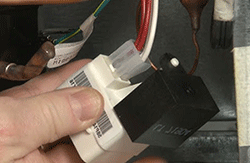
Solution
If you hear a clicking sound every few minutes but the refrigerator isn't cooling, the start relay might be the issue. Replacing a defective start relay is relatively straightforward and can often be done without professional help.
Low Refrigerant Levels
Refrigerants are essential for the cooling process in a refrigerator. If the refrigerant levels are low due to a leak or other issue, the refrigerator won’t be able to cool effectively.
Solution
A refrigerant leak requires professional attention, as it involves handling hazardous materials. A technician will need to locate the leak, repair it, and refill the refrigerant to restore cooling.
Compressor Issues
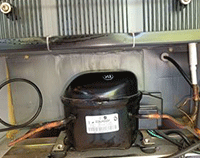
The compressor is the heart of the refrigerator's cooling system. If the compressor is faulty or has failed, the refrigerator will not cool at all.
Solution
A faulty compressor is a serious issue and typically requires replacement by a professional. Given the cost of compressor replacement, it might be more economical to consider purchasing a new refrigerator, especially if the unit is older.
Conclusion
If your refrigerator is not cooling, it's important to diagnose the problem quickly to avoid food spoilage and further damage to the appliance. While some issues, like cleaning condenser coils or unblocking air vents, can be resolved with simple maintenance, others may require professional repair or replacement. Regular maintenance and prompt attention to cooling issues can extend the life of your refrigerator and ensure it operates efficiently.
